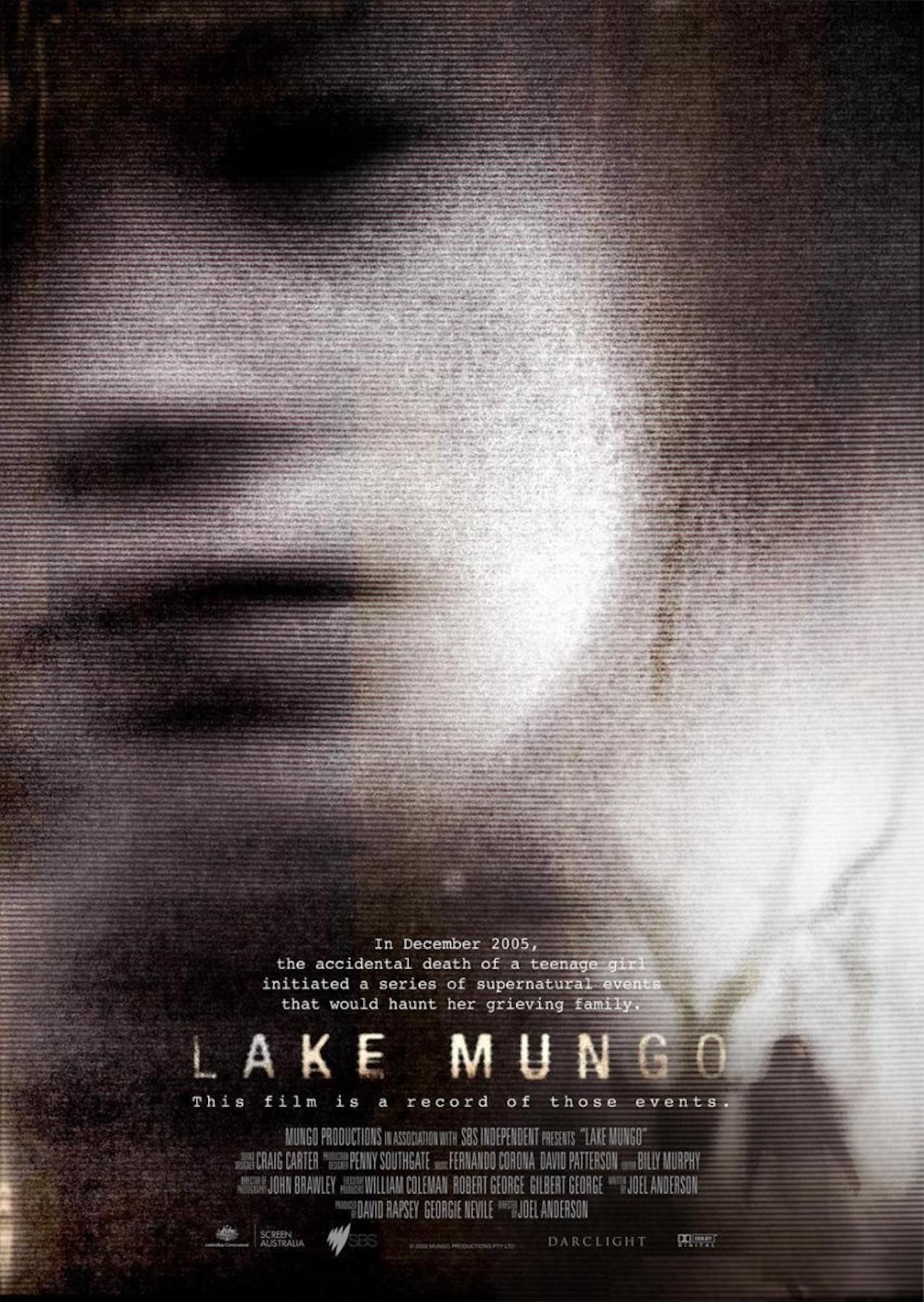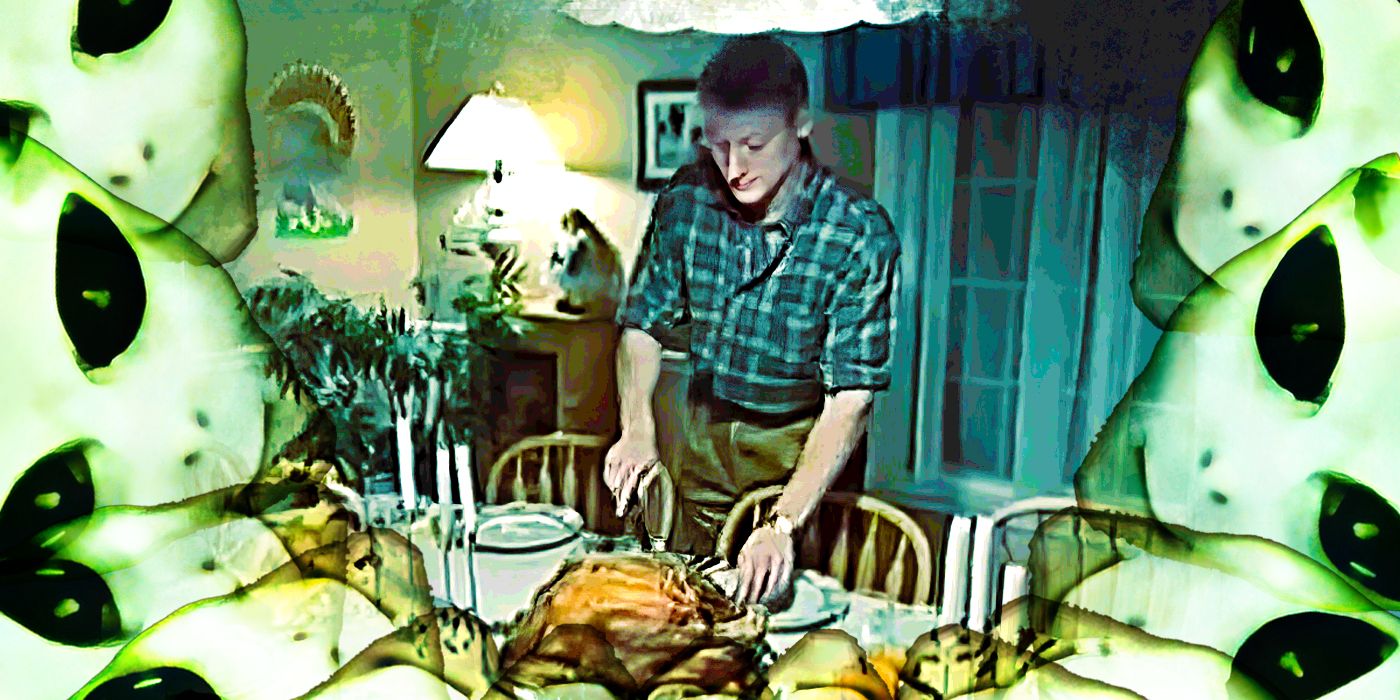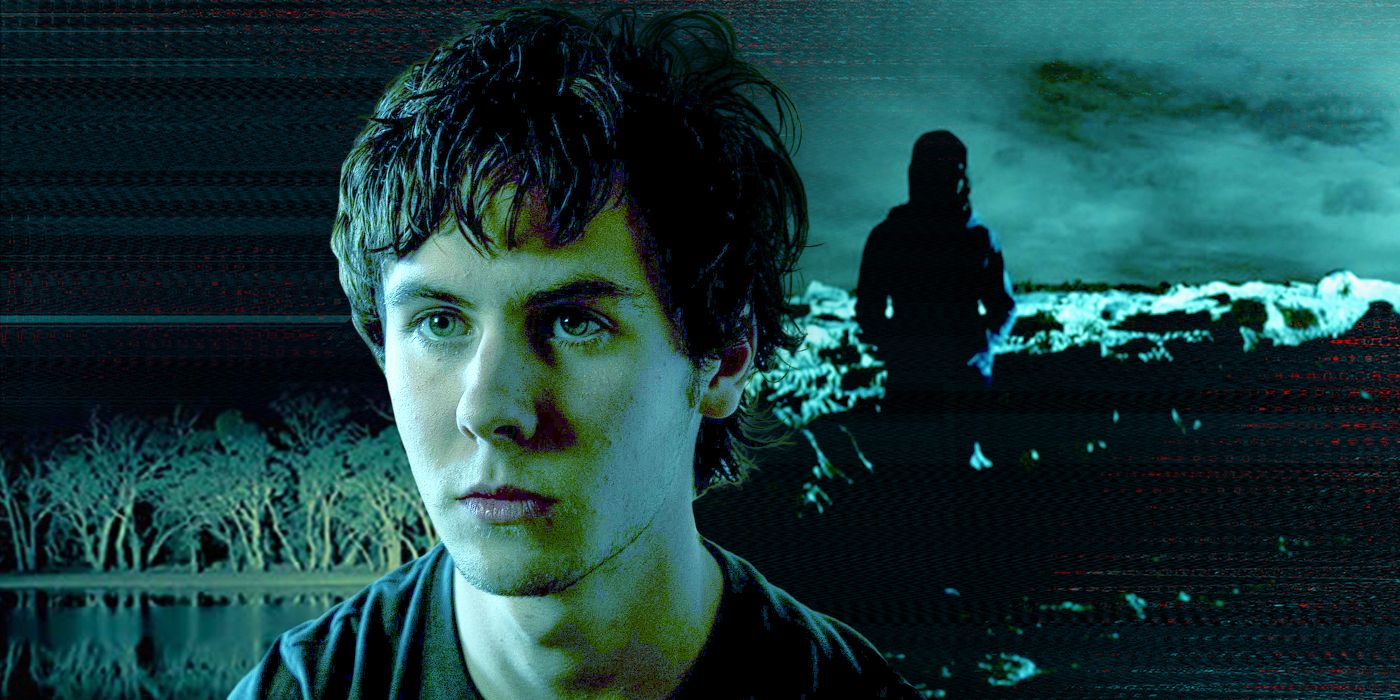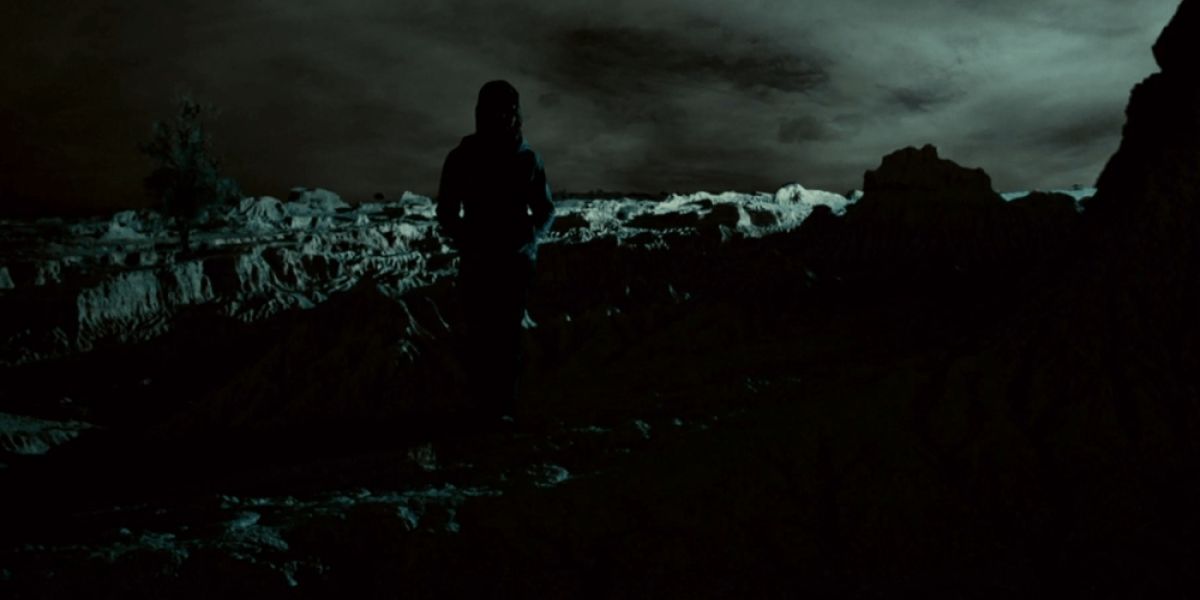The Big Picture
- Lake Mungo is a movie about dread and grief, exploring the fear of losing someone and the questions it raises about life's logic.
- The film masterfully builds tension throughout, culminating in a terrifying jump scare scene that leaves a lasting impact.
- The ending of Lake Mungo lacks concrete explanations, presenting an enigmatic answer that highlights the devastating nature of secrets and the importance of cherishing loved ones.
“I feel like something bad is going to happen to me. I feel like something bad has happened to me. It hasn’t reached me yet but it’s on its way, and it’s getting closer..."
Lake Mungo is a movie about dread. The 2008 Australian horror film is pegged to the overall concept of dread, that lingering sense of inevitable but unknowable doom that hangs over our heads. Lake Mungo is dread in digital form. I space out my rewatches of this movie like I plan teeth cleanings; the experience isn't exactly pleasant, but it is essential to have your ass absolutely handed to you by a horror movie from time to time. The only feature filmmaking effort to date by writer/director Joel Anderson, Lake Mungo is a ghost story built from grief, one that's immediately recognizable to anyone who has ever lost someone or briefly lost themselves. It's devastating, it's terrifying, and I think every single person with a pulse should watch it at least once and then immediately call their loved ones.

Lake Mungo
Strange things start happening after a girl is found drowned in a lake.
- Release Date
- July 30, 2009
- Director
- Joel Anderson
- Cast
- Talia Zucker , Rosie Traynor , David Pledger , Martin Sharpe , Steve Jodrell , Tamara Donnellan
- Runtime
- 89
- Main Genre
- Drama
'Lake Mungo' Is Less About Ghosts and More About Grief
Anderson himself thinks of Lake Mungo as less a supernatural movie and more a movie about grief. "I think it's meant to be an exploration of grief. That's why we shot it like a documentary, so we could look at different characters and how they responded to a situation," he said in an interview with After Dark Films."The idea of someone in your family or someone you care for dying, and being in a tragedy, is the one thing I think everyone fears most. It's a very human, very genuine fear. You know, a terrible accident just doesn't make sense. So it brings up all sorts of questions about, is there logic to the way things work, is there a pattern? Or is just nonsensical? So I think you have to confront really serious dilemmas. And you don't do it intellectually. I think you do it through grieving." If you haven't already seen Lake Mungo, click out of this article, go watch it, and then come back. Spoilers galore!
"Alice is missing" are the first words you hear out loud in Lake Mungo, which is both the literal driving force of the story and a heartrending hint at its underlying themes. Told in a faux-documentary format, the film tells the story of Alice Palmer (Talia Zucker), a 16-year-old who drowned at a dam in the small town of Ararat, Australia. In the aftermath, strange occurrences have the rest of the Palmer family believing in ghosts; the supernatural sort, yes, but also the lingering regrets of a life cut short. The Palmers never quite knew their daughter—mother, June (Rosie Traynor), admits she always struggled to connect with Alice—and seedy secrets are revealed that point to a 16-year-old girl struggling to feel alive, even before her death. The Palmers sharing a last name with the doomed family of Twin Peaks is no coincidence; like David Lynch's landmark series, Lake Mungo toys with the ugly underbelly of a seemingly ordinary town.

How One Found Footage Film Fooled a Generation a Decade Before 'The Blair Witch Project'
The truth is out there....The Palmers' search for closure leads them to the actual Lake Mungo, to a cell phone buried by Alice on a school trip, to footage she took weeks before her death. The footage has all the washed-out graininess of a 2008 flip phone, but that's not quite what makes it feel otherworldly. As Alice stumbles through the dark, the camera freewheels wildly; you feel untethered from time or location until you finally focus on something approaching from the black. Slowly, very slowly, and it's not until it's inches from the frame does the film freeze and tell you what you're seeing: Alice's own bloated, decomposing corpse, somehow stumbling out of her future.
'Lake Mungo's Scares Aren't Just for Cheap Thrills
There are two reasons why this moment is so effective, the first being that it's so goddamn scary. Just masterful surface-level execution of gluing the audience in place, focusing on a single point, and then just walloping you over the head with an unexplainable image. "Jump scare" has evolved into a criticism over the years, but this is a powerful jump scare. A first-day candidate for the Jump Scare Hall of Fame, a place I would never visit. The biggest critique I hear of Lake Mungo is that this is its only "scary" scene, but it only feels that way because the previous 85-ish minutes are just methodically coiling you into a ball. If horror is boiled down to tension + release, Lake Mungo's climax is tension + utter destruction.
What Happens at the End of 'Lake Mungo'?
But the ending of Lake Mungo is also devastating because of what it means. Or, more accurately, because it lacks any concrete explanation for those of us left alive. Throughout the many twists and turns of Lake Mungo, the Palmer family is searching for answers, because that's just what you do when someone you love dies. You ask "why?" of a question no one can answer. Why them? Why now? Why? Lake Mungo presents an enigmatic answer. Anyone who suffers from anxiety or depression knows what it is to feel outside your body, to find you're drifting through life like a phantom. "Alice kept secrets," Lake Mungo says, and those secrets separated the Alice people saw from the Alice who existed incorporeal, and on a dark road, Alice met the version of herself who would finally make her family take notice.
Unfortunately, answers like that can be false comfort. The Palmers move on, if not content then at least comfortable in understanding that they didn't understand their daughter. In probably the movie's cruelest knife twist, we learn how right they are. As the credits roll, we revisit past footage from the film, footage that, at the moment, was debunked as a hoax or hopeful mistake, as proof that Alice's ghost didn't exist. Lake Mungo is, however, a study in misdirection. We see that in tiny corners, in quick cuts, at impossible angles, Alice was there the entire time. We missed her, too.
"We didn't set out to make a really scary film. I think we wanted to make a film that would be somehow a curiosity," Anderson said. "I think we were thinking it'd be nice if we could make a film that was kind of a curiosity, but if you saw it years from now you wouldn't know anything about where it came from. You'd be wondering—is it real, is it not real?"
Lake Mungo messes me up, man. Call someone you love and let them know they exist.
Lake Mungo is available to stream on AMC+ in the U.S.


